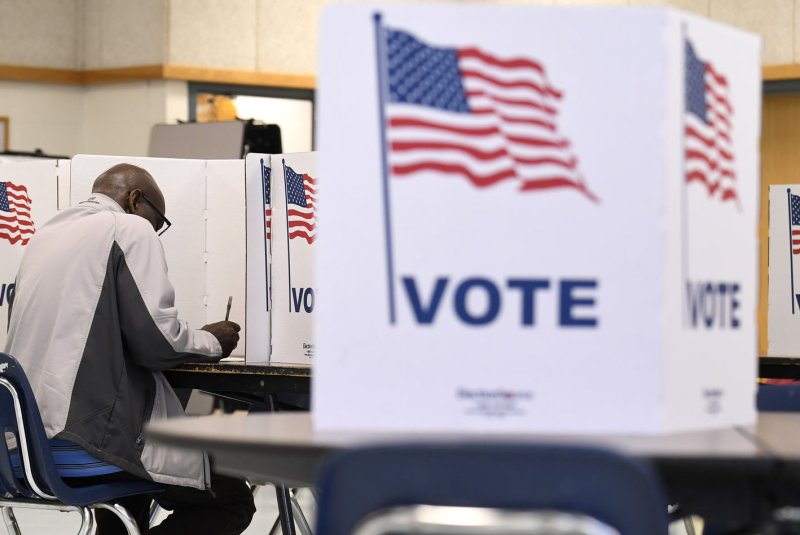Oct. 31 (UPI) -- A group of 100 former lawmakers, cabinet officials, diplomats and other government officers sent a letter to the Senate Thursday, urging the upper chamber to increase security for next year's presidential election against "severe" potential threats to national security.
The group from Issue One's ReFormer's Caucus cited five active bipartisan bills related to security, and encouraged lawmakers to act on them before November 2020. The legislation includes a bill for greater transparency for online political ads and another authorizes sanctions for nations that interfere, as Russia did in 2016. Other bills focus on foreign influence and money for political campaigns.















